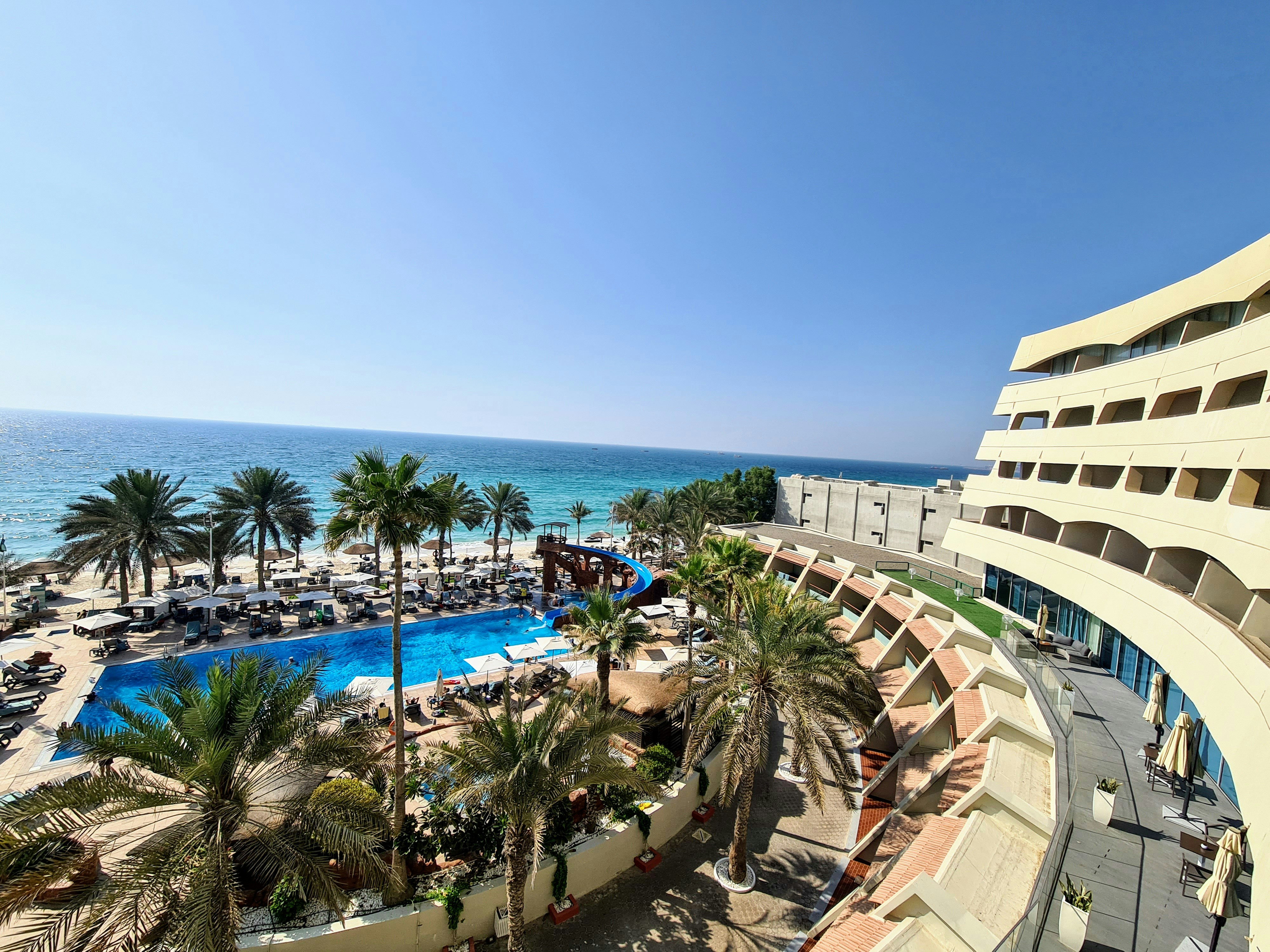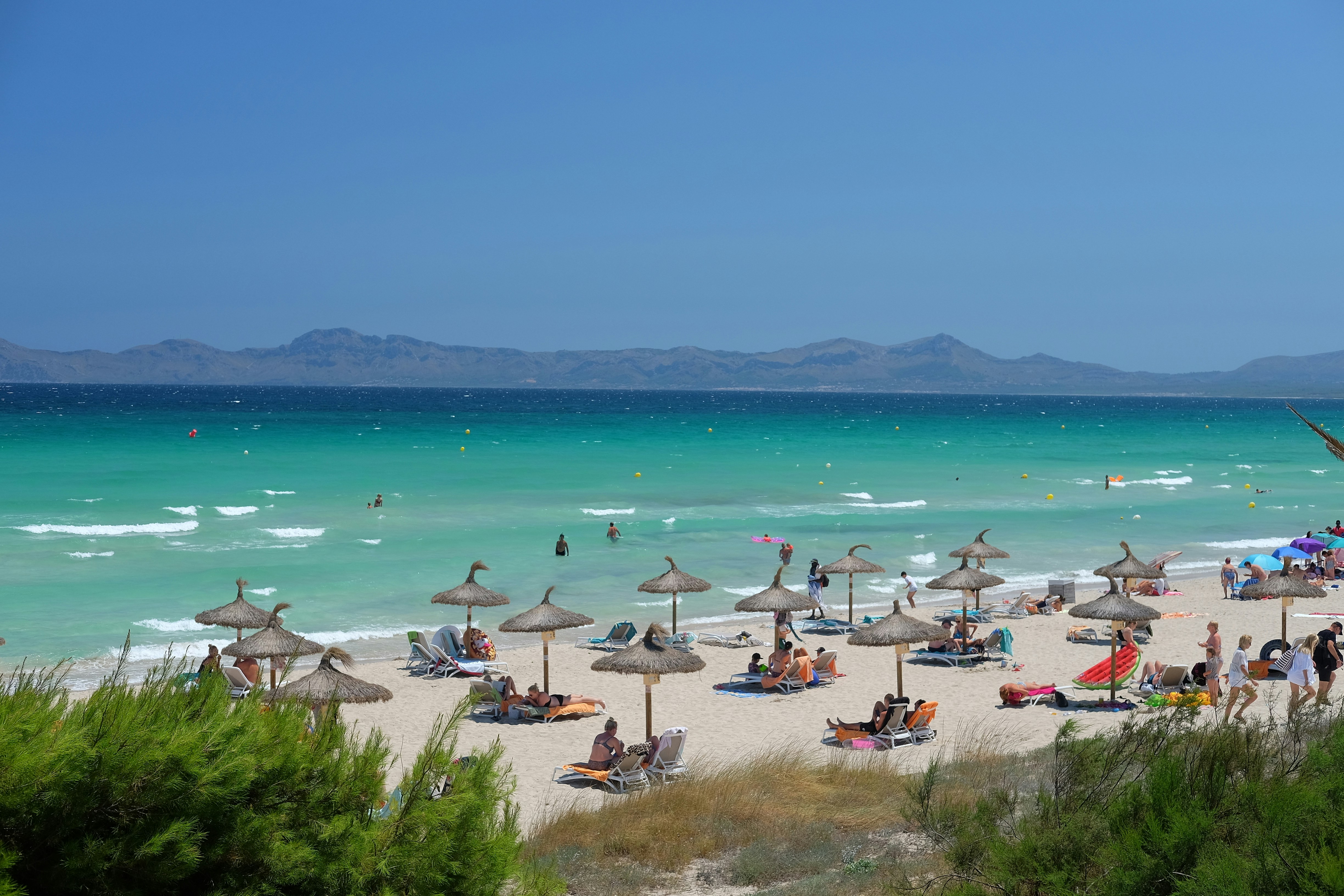How one of Europe’s most exciting hotel markets is finally getting the data it deserves.
Palma de Mallorca is thriving. The hotels are buzzing, the rooms are (mostly) full, and the destination has transformed from summer escape to year-round magnet for global travelers. But amid the success, one crucial question lingers: how much of it is actually visible in the data?
For years, Palma’s hotel market has been running on instinct. Now, we’re changing that. And in doing so, helping an entire destination see itself more clearly.
1. Palma’s transformation (and what’s missing)
Palma de Mallorca has changed. Once the shorthand for sun and sangria, the island has quietly rewritten its story — now a magnet for design hotels and fine dining.
But behind the polished façades and packed bookings, one thing hasn’t kept pace: data.
Every revenue manager knows the feeling. The market feels soft, but is it just you? Without visibility, even the best-run hotels are forced to navigate by instinct. And when instincts clash with uncertainty, prices drop, confidence wavers, and healthy markets can start eating themselves alive.
Rasmus Kjellman, CEO at Benchmarking Alliance, explains:
— Hoteliers often talk to each other — at events, over coffee — and share how things are going. When those conversations are of a negative nature, and not backed by data, it can create a ripple effect: everyone assumes business is down, lowers prices, and the market follows.
— That’s the blind spot Palma’s hotels have been living with. And that’s exactly where Benchmarking Alliance steps in, he adds.
2. A blind spot on the map
Across the Nordics and Central Europe, daily benchmarking is as natural as checking the weather. Data is shared, performance is tracked, and hoteliers make decisions on facts, not feelings.
But in Palma, that has never truly existed.
— Palma has been a blind spot on the hotel market map. There’s no established player collecting and sharing performance data. And that affects everyone, Rasmus explains.
Without it, hotels operate in isolation. Investors hesitate. New entrants step in without knowing what they’re walking into. The entire destination loses momentum. And not because it’s underperforming, but because it’s underinformed.

3. What benchmarking unlocks
Benchmarking as a tool isn’t about outsmarting the hotel next door. It’s about giving the whole market a shared compass.
— There’s a psychological effect on every market. Once aggregated market data becomes accessible, everyone can win, says Henrik Karlsson, Business Development Manager at Benchmarking Alliance,
When hotels can see what’s really happening in the market, confidence replaces guesswork. Rate decisions become strategic, not emotional. Investors see stability instead of speculation. And destinations begin to grow together instead of against each other.
— If I can see four years of solid market data, I can invest with confidence. That’s what opens doors for long-term value, Rasmus adds.
Indeed, benchmarking data improves revenue management. But it also shapes reputation and strengthens partnerships, while giving the market the credibility it deserves.
4. Why Palma? And why now?
So why Palma? Because it’s ready.
Many Nordic hotel owners already operate there, making it a familiar entry point. But for us at Benchmarking Alliance, serving Swedish clients is, at best, secondary. The primary goal is serving the destination itself.
— We’re not here for Swedish hotels. We’re here to build something valuable for everyone, Henrik explains.
And Palma is a gateway. Establishing a foothold here opens the door to the rest of the Balearics — islands like Menorca, where hotel ownership often overlaps. The Spanish mainland can wait, while The Balearics, on the other hand, are primed for collaboration, not competition.

5. Built for Mallorca, and built to last
The rollout is as practical as it is ambitious. Benchmarking Alliance’s Hotel Trends and On-the-Books services integrate directly with the systems hotels already use — whether international platforms or local Mallorcan PMSs.
— We’re integrating with many PMS systems, including the local ones. Our goal is to make it effortless to connect, says Rasmus.
And we’re not running this from behind screens. The team has already been on-site, meeting partners and hotel managers, discussing business, and getting to know the rhythm of the market.
— We’re in it for the long game. We’re not here to make a quick splash and leave. We’re here to stay — and help build something lasting for the destination, Henrik adds.
6. A clearer future for Palma’s hotels
With benchmarking taking root, Palma’s hotels are gaining access to the same insights that drive Europe’s most advanced markets.
The payoff is real:
- Less guesswork. Rate decisions grounded in evidence, not hunches.
- More confidence. Hoteliers can plan with clarity and investors with trust.
- Stronger destination. When everyone sees the same horizon, collaboration replaces competition.
— Who wouldn’t want to be in Mallorca? It’s one of Europe’s most exciting hotel markets, and now it’s finally getting the data it deserves, Rasmus ends with.
If you operate a hotel on the island and want to understand where you stand — and where the market is heading — we’re ready to connect your data and give you instant visibility into Palma’s performance. Book a free demo with our team for a guided walkthrough, or start a free trial and explore it yourself. And if it’s not for you, you can cancel anytime.



.jpg?width=800&name=man-showing-something-laptop-his-coworker%20(1).jpg)